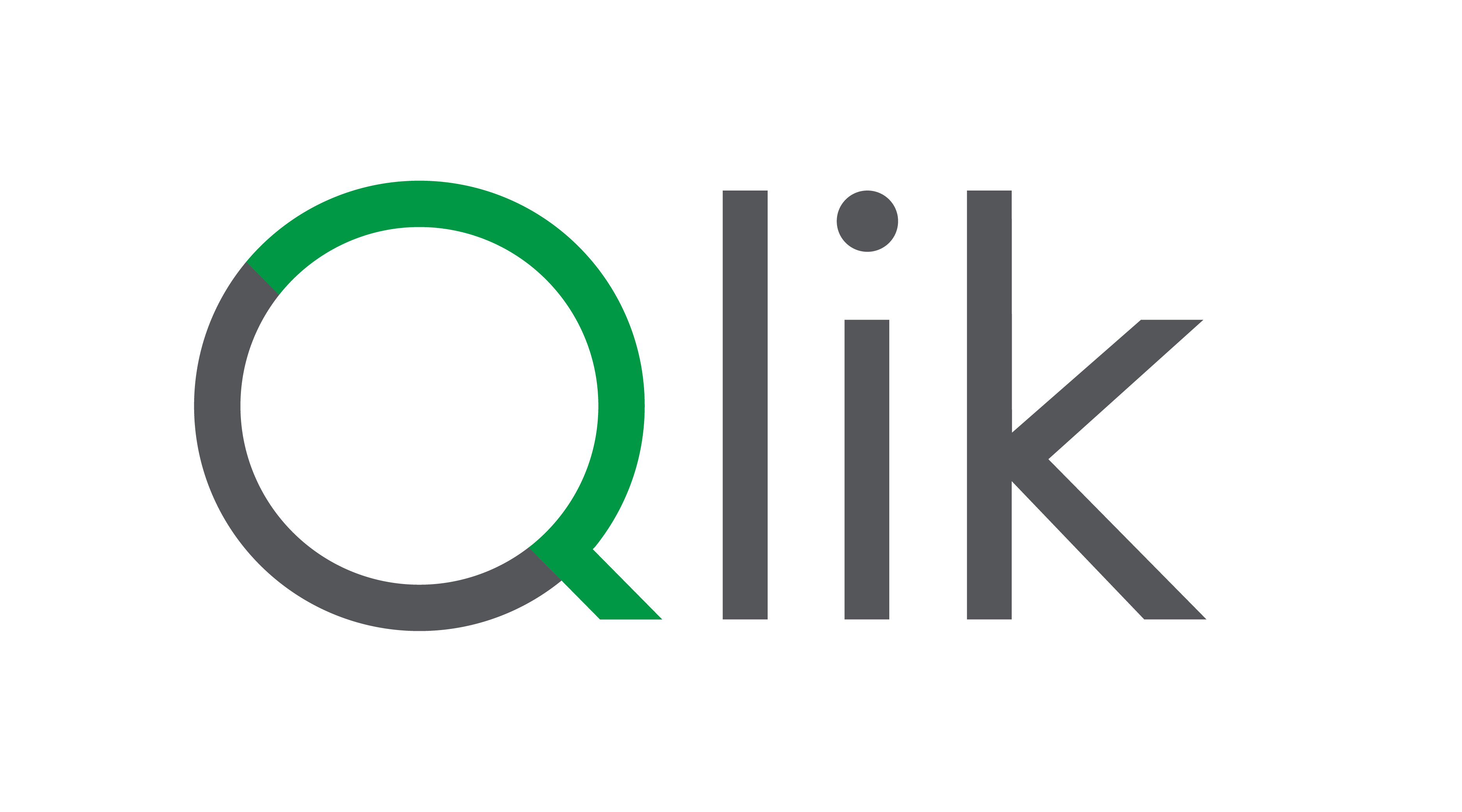Qlik: Revolutionizing Data Analytics And Business Intelligence
In today’s data-driven world, organizations are constantly seeking tools that can simplify, streamline, and optimize their data analytics processes. Qlik stands tall as a leading provider in this domain, offering innovative solutions that empower businesses to make informed decisions. With its robust suite of products, Qlik enables users to harness the power of data and turn it into actionable insights, paving the way for smarter decision-making and enhanced operational efficiency.
Qlik’s unique approach to business intelligence sets it apart from other competitors. With its associative analytics engine, AI-powered insights, and cloud-based capabilities, Qlik breaks down data silos, enabling organizations to connect, explore, and analyze data like never before. The platform’s user-friendly interface, combined with powerful visualization tools, allows users of all skill levels to uncover hidden patterns and trends. Whether you're a small business or a multinational corporation, Qlik offers scalable solutions tailored to meet your analytics needs.
As businesses continue to navigate through an increasingly complex landscape, the relevance of Qlik has only grown. From healthcare to retail, manufacturing to financial services, Qlik’s solutions have proven to be transformative across various industries. This article delves deep into the world of Qlik, exploring its features, benefits, applications, and much more. Let’s uncover how Qlik is reshaping the way organizations approach data analytics.
Table of Contents
- What is Qlik?
- How Does Qlik Work?
- The History of Qlik
- Key Features of Qlik
- Qlik vs. Other BI Tools
- Who Can Benefit from Qlik?
- Qlik in Different Industries
- What Makes Qlik Unique?
- Benefits of Using Qlik
- Qlik Sense vs. QlikView: Which One is Better?
- How to Get Started with Qlik?
- What Are the Pricing Options for Qlik?
- Case Studies of Qlik Implementation
- Common Challenges with Qlik
- FAQs
What is Qlik?
Qlik is a leading data analytics and business intelligence (BI) platform designed to help organizations transform raw data into actionable insights. By leveraging its advanced technology, Qlik empowers users to make data-driven decisions, streamline operations, and uncover trends that drive growth and innovation. Unlike traditional BI tools, Qlik utilizes an associative data model that allows users to explore data freely without being confined to predefined hierarchies or queries.
Qlik offers two primary products: Qlik Sense and QlikView. While Qlik Sense focuses on modern, self-service analytics with an emphasis on ease of use and collaboration, QlikView is a traditional BI tool that provides guided analytics and dashboards. Together, these products cater to a wide range of analytics needs, ensuring every organization can find a solution that fits their requirements.
Why is Qlik important for businesses?
In a world where data is growing exponentially, businesses need tools that can process, analyze, and visualize information efficiently. Qlik stands out as a versatile platform that bridges the gap between data and decision-making. By providing real-time insights, it enables organizations to stay competitive, agile, and informed, regardless of industry or size.
What are the main components of Qlik?
The Qlik ecosystem is composed of several integral components:
- Qlik Sense: A modern analytics platform designed for self-service data discovery and visualization.
- QlikView: A traditional BI tool focused on creating guided dashboards and reports.
- Qlik Cloud: A cloud-based platform offering seamless data integration and collaboration.
- Qlik Data Integration: Tools that enable efficient data preparation, management, and delivery.
How Does Qlik Work?
Qlik operates by integrating data from multiple sources, organizing it into a central repository, and then presenting it in an interactive and visually appealing format. Its associative analytics engine allows users to explore data dynamically, making it easy to identify patterns, correlations, and outliers.
Unlike traditional query-based BI tools, Qlik’s associative model eliminates the constraints of predefined hierarchies. This means users can interact with data in a more organic way, uncovering insights that might otherwise be missed. Additionally, Qlik’s AI capabilities enhance the user experience by providing automated insights, recommendations, and predictions.
What sets Qlik’s technology apart?
Qlik’s technology is built on three core pillars:
- Associative Model: Enables free exploration of data without the limitations of traditional query-based systems.
- Augmented Analytics: Leverages AI and machine learning to provide automated insights and predictions.
- Cloud-Native Architecture: Ensures scalability, flexibility, and seamless integration with other tools and platforms.
How does Qlik handle data security?
Data security is a top priority for Qlik. The platform employs robust security measures, including encryption, user authentication, and role-based access control. Additionally, Qlik’s cloud services comply with industry standards and regulations, ensuring data is protected at all times.
The History of Qlik
Founded in 1993 in Lund, Sweden, Qlik started as a small software company with a vision to revolutionize the way businesses interact with data. Over the years, the company has grown exponentially, becoming a global leader in the analytics and BI space. Today, Qlik serves thousands of organizations across the globe, helping them unlock the full potential of their data.
What were the key milestones in Qlik’s journey?
Some of the significant milestones in Qlik’s history include:
- 1993: Qlik is founded in Lund, Sweden.
- 2005: The launch of QlikView, the company’s first BI tool.
- 2014: Introduction of Qlik Sense, a modern analytics platform.
- 2016: Qlik is acquired by Thoma Bravo, a leading private equity firm.
- 2020: Expansion of Qlik’s cloud-native offerings and AI capabilities.
Who are the key people behind Qlik’s success?
Qlik’s success can be attributed to its visionary leadership and talented team. The company’s executives and researchers have played a crucial role in driving innovation and ensuring Qlik remains at the forefront of the analytics industry.
Personal Details of Qlik
| Founded | 1993 |
|---|---|
| Headquarters | King of Prussia, Pennsylvania, USA |
| CEO | Mike Capone |
| Primary Products | Qlik Sense, QlikView, Qlik Cloud |
| Industry | Data Analytics and Business Intelligence |

Top 10 Augmented Analytics Companies in 2019 Analytics Insight

Qlik Connect 2024 Lok Cinda Yettie